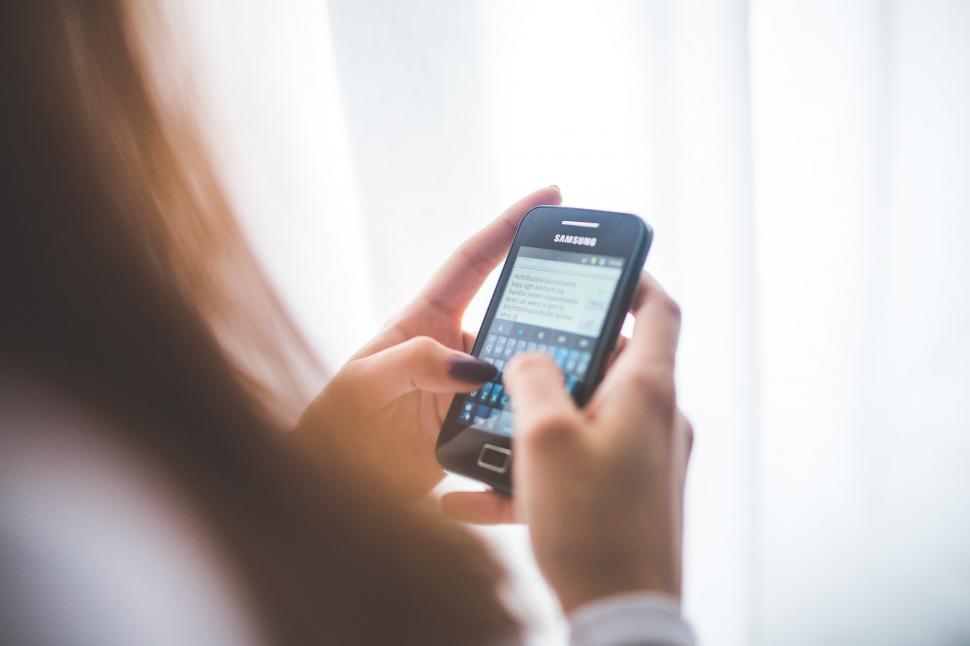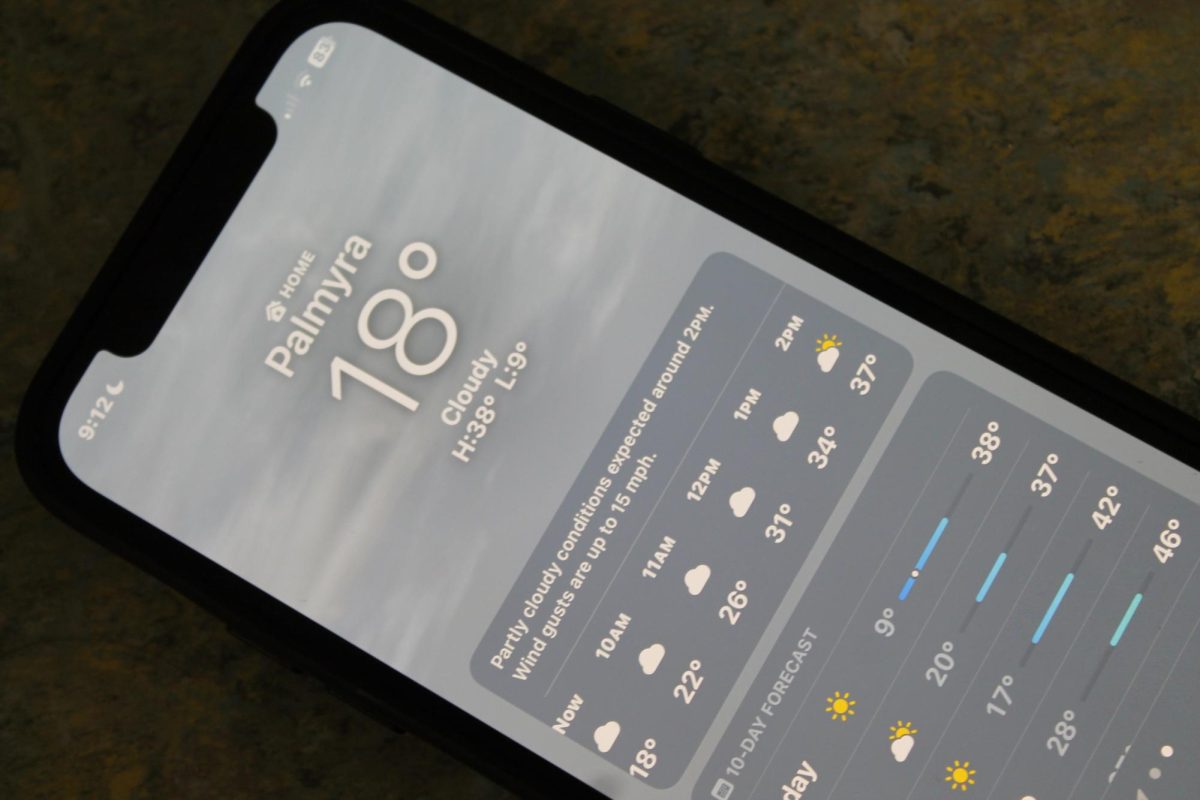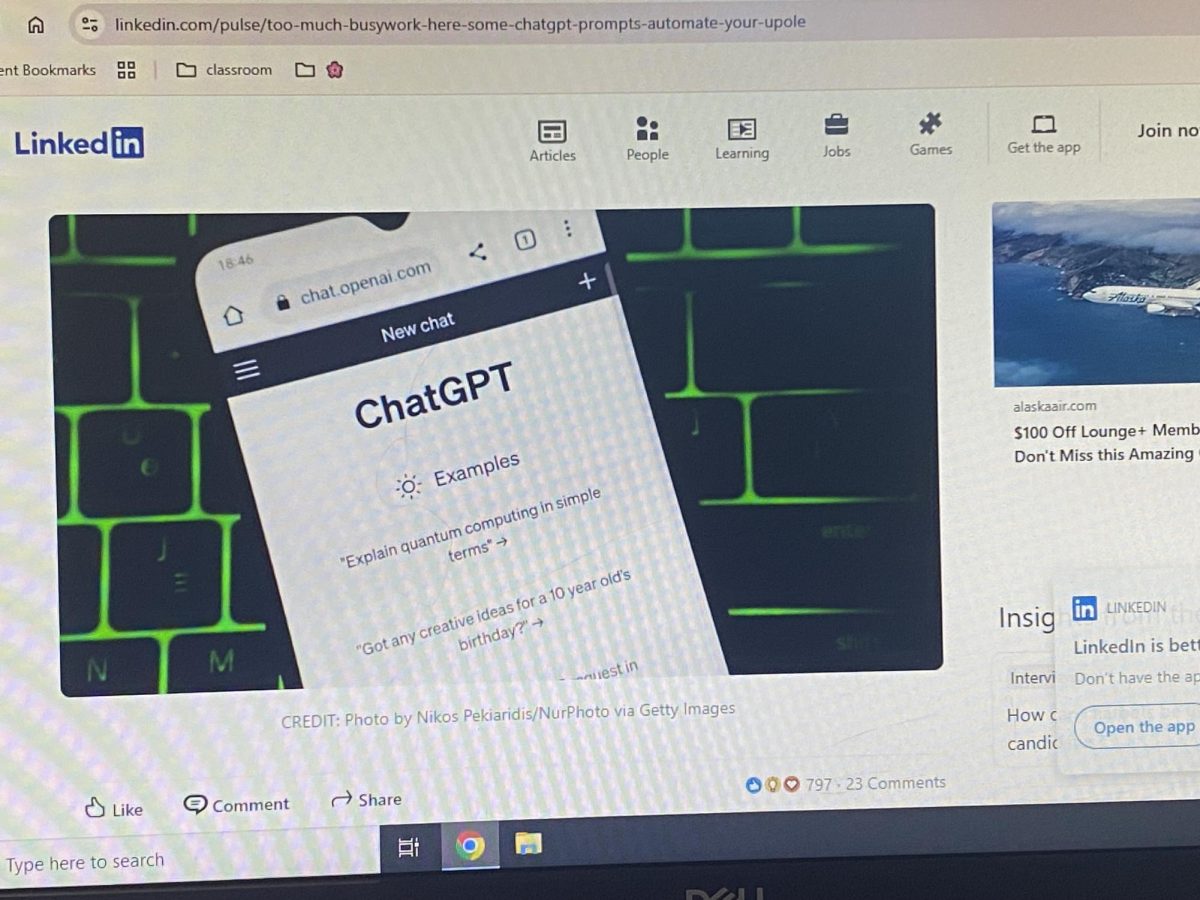Do you ever find yourself watching a movie, and start to think, “This movie is too long”? Do you wish there was a place where you could watch something similar, but in shorter and quicker increments?
Many social media apps today have some form of quick entertainment, with TikTok, Instagram Reels, and YouTube shorts being among the most popular. But why is that the case? Think of it like when you are hungry, but not hungry enough to eat an entire meal by yourself. What do you do? You get a snack.
Short-form content is like that snack: It provides instant gratification. But just as with snacking, there can be unwanted drawbacks.
Dr. Gloria Mark, a Chancellor’s Professor of Informatics at the University of California Irvine, noted in a 2004 study that the average attention span on any screen was around two and a half minutes. This number has dropped significantly over the years, so much so that in 2012 the average attention was estimated at just 75 seconds. A recent study by the American Psychological Association shows the average attention span today is just 47 seconds.
This rapid drop in human attention span may be attributed to the sheer volume of media an average person takes in daily. According to the New York Post, a study of 2,000 Americans revealed that, on average, 36 days, or 864 hours, are lost to media consumption each year. For Gen-Z, the numbers are even worse, with the average person losing about five days per month to media intake. This equals 60 days a year, or 1,440 hours.
One study by the Potsdam State University of New York (SUNY Potsdam) on the effects of media consumption on students explains how screen time can negatively affect the brain by overloading the sensory system, fracturing attention, and depleting mental reserves. By depleting mental energy with high visual and cognitive input, screen time contributes to low energy reserves, causing a drop in overall mental performance and attention span.
What do FCHS students think about how short-form content is affecting students’ lives?
“Most definitely, people have shorter attention spans because of things like TikTok, because of the short videos. In my opinion, it makes it to where we want our entertainment in short spurts, but at the same time, it holds our attention to our phones instead of other things,” said FCHS student Caleb Mozingo.
What can you do to decrease the amount of time you spend online?” Some suggestions include going for a hike, writing or drawing, playing a sport, or reading a book, all of which can have positive effects on one’s mental health. For a list of 31 alternatives to spending time online, check out this article by Saber Health Group or read these 10 useful tips for limiting your time online.
…







